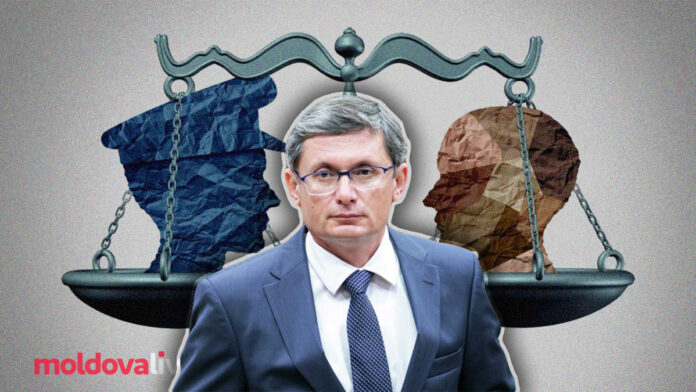Reform of the justice system in Moldova will continue despite resistance from the system, with the process enjoying support from the people, external partners, and unwavering political will, according to the President of the Parliament, Igor Grosu. Grosu expressed disappointment with the General Assembly of Judges and the refusal of the magistrates to elect members to the Superior Council of Magistracy, stating that those who oppose judicial reform are also opposing Moldova’s accession to the European Union. Grosu criticized the quality of speeches at the General Assembly of Judges and accused the magistrates of delaying the process of cleaning up the system.
Grosu said the reform of the justice system had the support of society and would continue, regardless of the system’s opposition. He stated that the reform was the main conditionality imposed by the European Union to start negotiating accession chapters, and for this reason, the process of cleaning up the system could no longer be postponed.
FOR THE MOST IMPORTANT NEWS, SUBSCRIBE TO OUR TELEGRAM CHANNEL!
“Judges, the world has seen how hollow the king is. Do not hide behind the independence of the judiciary. If this is the true face of justice, it must be changed. We need new people, fresh forces. Those who do not want to change the system have no chance. We will go consistently. There is the support of the people, the support of international partners, and a very firm political decision to carry out the reform of the justice system to the end,” Grosu said.
The General Assembly of Judges was held on March 17, during which members of the Superior Council of Magistracy were to be elected from among the judges. The magistrates had to choose between candidates who passed the integrity and professionalism test before the pre-vetting committee.
The meeting was interrupted until April 28, during which time the appeals of the rejected judges would be examined by the pre-vetting committee. Grosu’s statements came after the resignation of three members of the Council, citing political interference and disagreements over the appointment of the new prosecutor general.


